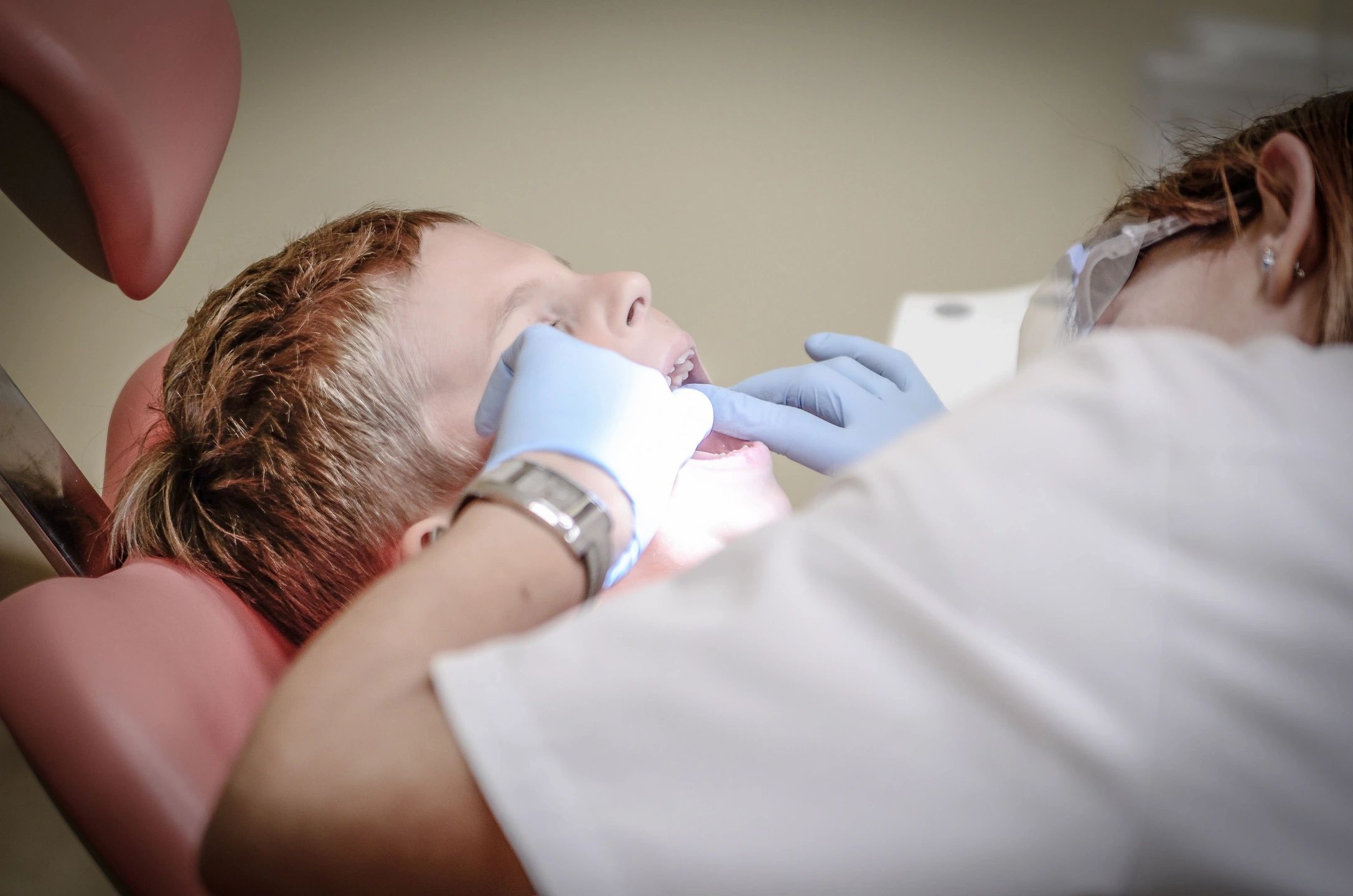Gum disease, also known as periodontal disease, is an infection that affects the tissues that support and surround the teeth. It starts with the buildup of plaque and tartar, which contains bacteria that irritate the gum tissue. When left on the teeth for too long, the bacteria can penetrate beneath the gum line, causing inflammation and eventually damaging the bone tissue.
Gingivitis, which is the early stage of gum disease, is characterized by red, swollen and bleeding gums. Gingivitis can be reversed with proper oral hygiene and professional cleaning. If left untreated, gingivitis can progress to periodontitis, which is a more severe form of gum disease that can cause tooth loss and other health complications.
What Causes Gum Disease?
Gum disease is caused by a combination of factors that include poor oral hygiene, certain medical conditions, and lifestyle habits. Some of the common causes of gum disease include:
1. Poor Oral Hygiene – Failing to brush and floss regularly can lead to the buildup of plaque and tartar, which can cause gum disease.
2. Smoking and Tobacco Use – Tobacco use has been linked to an increased risk of gum disease.
3. Medical Conditions – Certain medical conditions like diabetes, hormonal changes, and illnesses that affect the immune system can increase the risk of gum disease.
4. Nutrition – A diet that is high in sugar and carbohydrates can increase the risk of gum disease.
5. Genetics – Some people may be more susceptible to gum disease due to their genetic makeup.
Symptoms of Gum Disease
The symptoms of gum disease can vary depending on the severity of the condition. In the early stages of gum disease, the symptoms may be mild and barely noticeable. Some of the common signs of gum disease include:
1. Redness and Swelling – The gums may appear red, swollen, and tender.
2. Bleeding Gums – The gums may bleed when you brush or floss your teeth.
3. Bad Breath – Gum disease can cause persistent bad breath that is not improved by brushing or chewing gum.
4. Loose Teeth – As gum disease progresses, it can cause the teeth to become loose and eventually fall out.
5. Gum Recession – The gums may begin to recede, exposing more of the tooth’s root.
How to Prevent Gum Disease
The good news is that gum disease can be prevented with proper oral hygiene and regular dental check-ups. Here are some tips on how to prevent gum disease:
1. Brush and Floss Regularly – Brush your teeth twice a day and floss once a day to remove plaque and food particles from between your teeth.
2. Use Antimicrobial Mouthwash – Mouthwash can help kill bacteria and freshen your breath.
3. Quit Smoking – Smoking and tobacco use have been linked to an increased risk of gum disease.
4. Eat a Healthy Diet – A diet that is rich in vitamins and minerals can help maintain healthy gums and teeth.
5. Visit the Dentist Regularly – Regular dental check-ups can help detect early signs of gum disease and prevent further damage to your gums and teeth.
Conclusion
At Ora Dental, we are committed to helping our patients maintain healthy gums and teeth. Gum disease is a serious condition that can cause irreversible damage to your oral health. If you have any concerns about your oral health, please do not hesitate to contact us and schedule a free clinical assessment.



